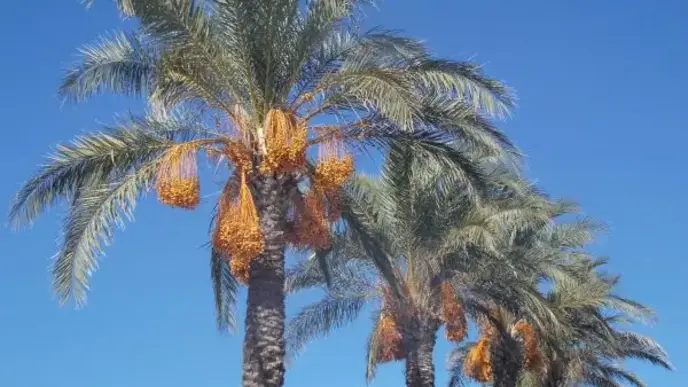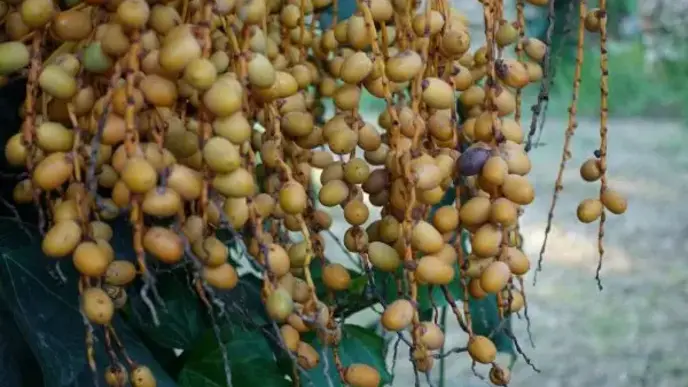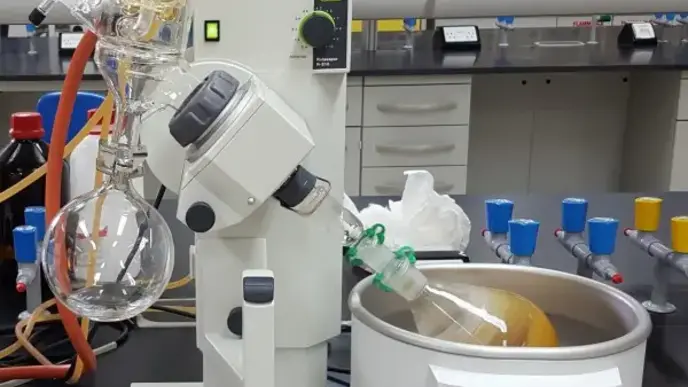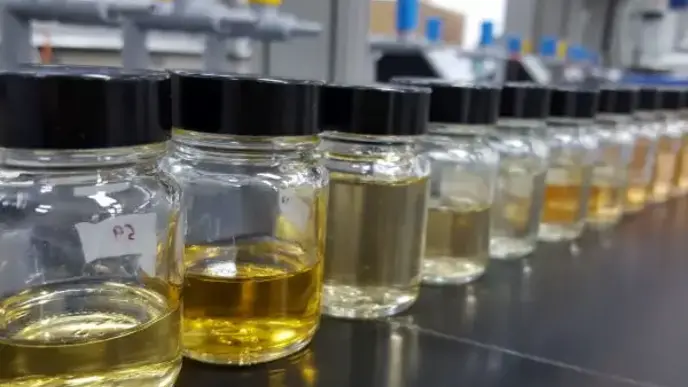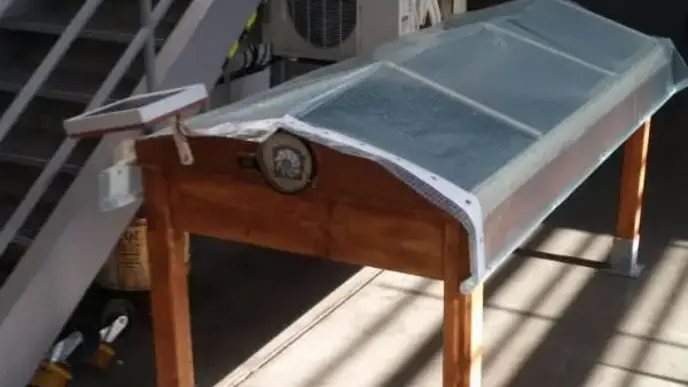Food for Thought: Dates as Superfood of the Sahel and Gulf, and Focus of Cross-cutting Arab-German Research Cooperation
Food for Thought: Dates as Superfood of the Sahel and Gulf, and Focus of Cross-cutting Arab-German Research Cooperation
The date palm tree (Phoenix dactylifera L.) has been cultivated in the Mesopotamia region for over 5,000 years, spreading over the centuries to Northern Africa, the Arabian Peninsula, the Indian subcontinent and the United States. In December 2019, the United Nations Educational, Scientific and Cultural Organization (UNESCO) added the date palm to the organization’s ‘Representative List of the Intangible Cultural Heritage of Humanity’, stating: ‘The date palm, knowledge, skills, traditions and practices have played a pivotal role in strengthening the connection between people and the land in the Arab region’. Dates, UNESCO recognized, have also stimulated ‘a rich cultural heritage of related practices between people in the region’. Within AGYA, several research projects investigate dates from different angles and disciplines, showcasing the vast range of possibilities for cross-cutting, interdisciplinary Arab-German research cooperation within the framework of the Academy.
Bioactive Properties of Dates: Linking Traditional and Regenerative Medicine in the Gulf
Over the past ten years, the Gulf countries – Bahrain, Kuwait, Oman, Qatar, Saudi Arabia and the United Arab Emirates – have increasingly highlighted dates as a vital element of Arab cultural heritage and a versatile local resource for sustenance, income generation and medicinal use. Linking traditional and regenerative medicine at the crossroads of chemistry and health sciences, AGYA alumnus Younis Baqi (Sultan Qaboos University, Oman) and AGYA member Mohamed Abou El-Enein (Charité University Hospital, Germany) conducted a 2019 Tandem Project ‘Investigating the Bioactive Properties of Natural Products of GCC Origin’, in which they analysed the medical potential of dates for fighting cancer. ‘The fruit of the date palm possesses high nutritional and therapeutic value, with a significant amount of antioxidant, antibacterial, antifungal, and antiproliferative properties’, says Baqi. Among these, antioxidants, for example, can react with and neutralize ‘free radicals’, thus preventing them from causing damage and diseases such as cancer. Going forward, Baqi hopes to explore the use of dates in other areas of medicine as well as in the development of diverse natural health products. ‘Dates are a superfood with many possible nutritional, commercial and medicinal uses. Therefore, cross-cutting research is essential to unlocking their incredible potential’, he says, noting that ‘AGYA offers outstanding support for Arab-German innovation across disciplines’.
Drying Dates with Solar Power: Fusing Capacity Building and Sustainable Agriculture in Sudan
Approaching dates from a different angle, AGYA members Amro Eltayeb (National Center for Research, Sudan and currently King Saud University, Saudi Arabia) and Philipp Blechinger (Reiner Lemoine Institute, Germany) explore dates as a potential source of food security and livelihood in Sudan. While harnessing solar power to sustainably dry dates is not a novel practice, it remains under-utilized in the country, where dates comprise a common staple crop for many farmers along the Nile. ‘More than 40% of the food produced for human consumption across Sub-Saharan African countries is lost or wasted’ says Eltayeb. In Sudan’s date sector, significant losses occur during and post-harvest due to a lack of adequate drying facilities. Sensing an opportunity to promote food security, income generation and sustainable agriculture, Eltayeb and Blechinger connected with researchers from disciplines like economics, renewable energy engineering and food science to conduct preparatory field studies on post-harvest practices and technology introduction on Sudanese dates farms. They then teamed up with Technical University Berlin’s ‘Energy Seminar’ to design and build a prototype for an open-source, low-tech and low-cost solar date dryer. Eltayeb’s home institute in Sudan went on to replicate the solar date dryer using materials found on the local market. They then conducted a laboratory analysis comparing fresh dates with samples of dates dried under the open sun as well as in the prototype dryer. With the pilot phase complete, Eltayeb now plans to conduct field tests with farmers and also hopes ‘to apply the constructed solar dryer to other seasonal fruits and vegetables in Sudan’. Blechinger underscored AGYA’s ‘low entry barriers for designing collaborative international projects with a fantastic network of scholars from various disciplines and support for travel costs and research staff’ as vital for making the project a reality, while Eltayeb cited the ‘great opportunities to build strong partnerships’ within the framework of the Academy.
As these two very different AGYA research initiatives on dates demonstrate, the Academy’s focus on interdisciplinary, cross-cutting topics can yield myriad innovative approaches and opportunities for joint Arab-German research cooperation.
